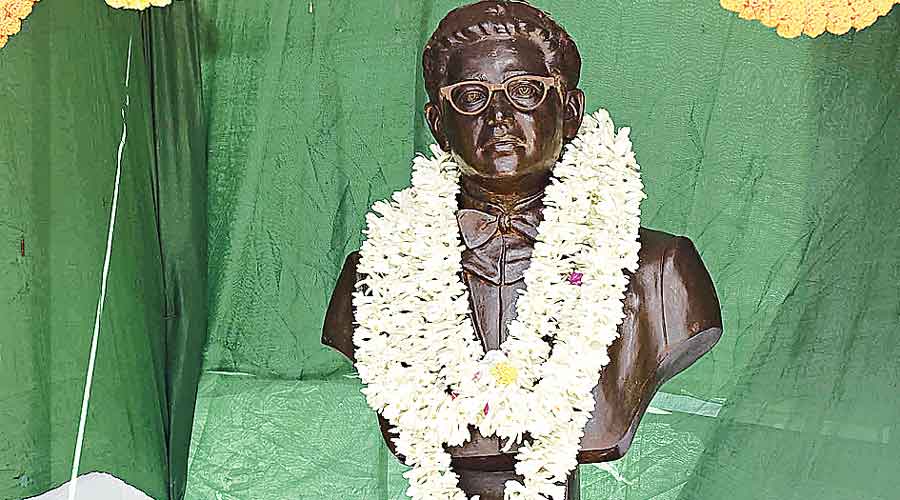People suffering from different forms of dementia, and their caregivers, have been among the worst affected during the pandemic, mental health experts said at the launch of a cognitive clinic on Friday.
The curbs induced by Covid-19 have confined patients within the four walls of their homes. Stepping out of home and interacting with people were stimulators for their brain and stoppage of these activities led to reduced functioning of the brain for such people, said doctors.
As a result, patients with mild dementia developed severe symptoms over the past year-and-a-half, they said.
The ‘memory clinic’ was launched at the Institute of Neurosciences Kolkata (INK) on Friday.
“The clinic will be held every month to help patients in cognitive reorientation and help family members cope with significant stress while handling these patients,” said an official of the institute.
A man from Batanagar came to the clinic on the inaugural day with his wife. The 60-year-old, who retired as an assistant director in the food supplies department in July, has been suffering from dementia since 2018.
“It started with mild symptoms which got aggravated gradually. He had to go to the office once a week during the pandemic. He would reach the building and take the lift but often stopped at the wrong floor and entered a colleague’s cabin, mistaking that for his,” said his wife.
The couple have two daughters, pursuing BSc and MSc courses. “Earlier, he used to take active interest in their education but not anymore,” said his wife.
The Covid curbs only made things worse. The man stopped going to markets and he could no longer keep count of money.
“Dementia is not a specific disease but is rather a general term for the impaired ability to remember, think, or make decisions that interferes with doing everyday activities. Alzheimer’s disease is the most common type of dementia. Though dementia mostly affects older adults, it is not a part of normal ageing,” says the website of the Centers for Disease Control and Prevention, the national public health agency of the US.
Sidharth Anand, consultant neurologist who will helm the clinic, said “activities like going to the market, going for a walk and meeting people stimulated the functioning of the brain”.
“But the lack of such activities during the pandemic impaired the activity level of the brain. As a result, mild dementia deteriorated to moderate to severe dementia in many patients,” said Anand.
The clinic will offer a comprehensive therapy to the patients as well as counsel caregivers.
“Multiple estimates have suggested that by 2022, approximately 70 per cent of the world’s above-60 population will be living in developing countries, with 14.2 per cent in India. More than six million people in India already have some form of dementia,” said a release from the INK.
Bust of Doctor Subhas Mukhopadhayay unveiled
A bust of Subhas Mukhopadhayay, who had pioneered in-vitro fertilisation in India, was installed at the NRS Medical College and Hospital in central Kolkata on Friday.
Mukhopadhayay had taught physiology at NRS.
In August, chief minister Mamata Banerjee had ordered installation of a bust of Mukhopadhayay and renaming of the boy’s hostel at the college after him.
In October 1978, two months after the world’s first IVF baby was born in England, India had its own. While Robert G. Edwards of Cambridge University went on to win a Nobel Prize, Mukhopadhayay had to face an inquiry in December 1978. Three years later he ended his life after the government refused to recognise his feat.

The bust of Subhas Mukhopadhayay at NRS Hospital on Friday. Bishwarup Dutta
